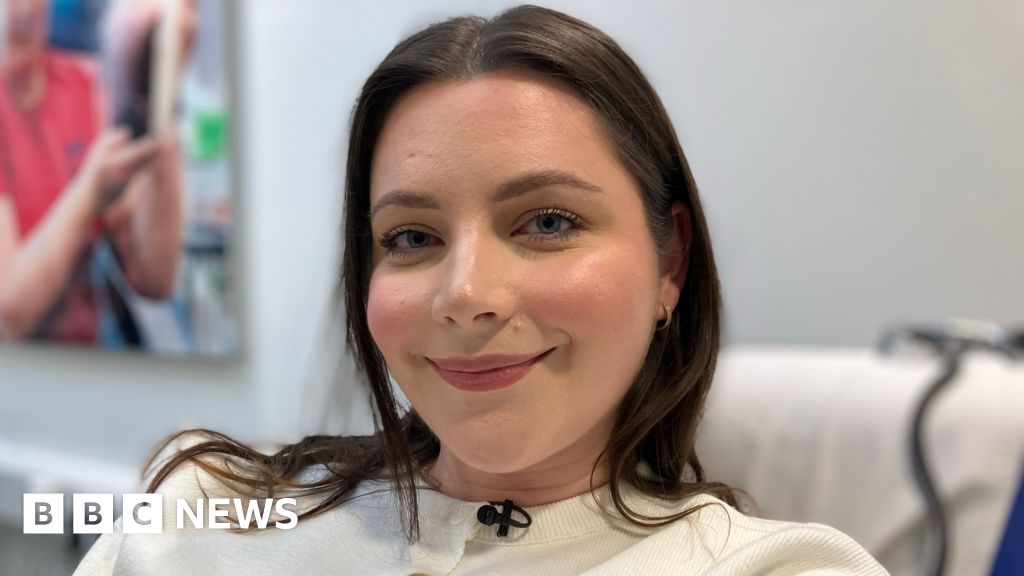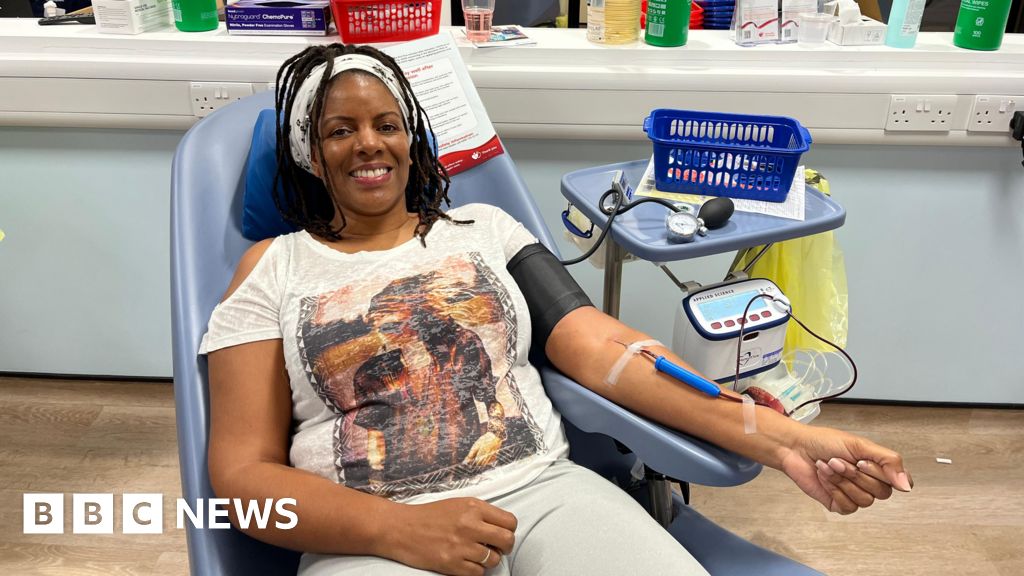fromThe Atlantic
2 weeks agoThe Rarest of All Diseases Are Becoming Treatable
For a decade after its discovery, CRISPR gene editing was stuck on the cusp of transforming medicine. Then, in 2023, scientists started using it on sickle-cell disease, and Victoria Gray, a patient who lived with constant pain-like lightning inside her body, she has said -got the first-ever FDA-approved CRISPR gene-editing treatment. Her symptoms vanished; so did virtually everyone else's in the clinical trial she was a part of.
Science




